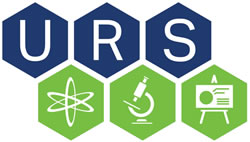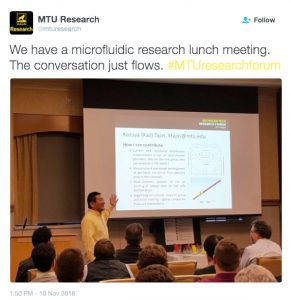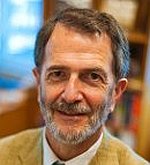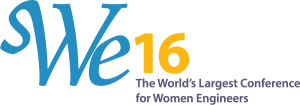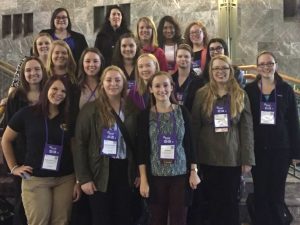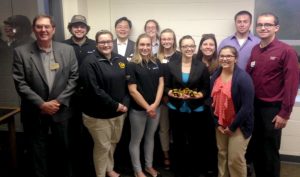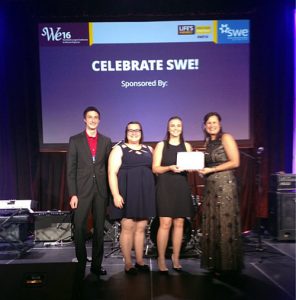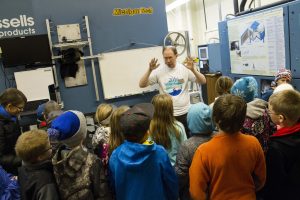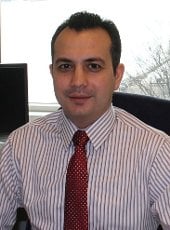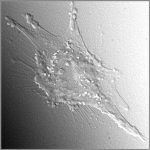 The Vice President for Research Office announced the 2017 REF awards and thanked the volunteer review committees, as well as the deans and department chairs, for their time spent on this important internal research award process.
The Vice President for Research Office announced the 2017 REF awards and thanked the volunteer review committees, as well as the deans and department chairs, for their time spent on this important internal research award process.
Infrastructure Enhancement (IE) Grants
Dan Seguin (MSE/IMP)
Research Seed (RS) Grants
Daisuke Minakata (CEE)
Radwin Askari (GMES/EPSSI)
Portage Health Foundation (PHF) Mid-Career (MC)
CK Choi (MEEM)
Megan Frost (Bio Med)
Jeremy Goldman (Bio Med)
Original article by VPR.
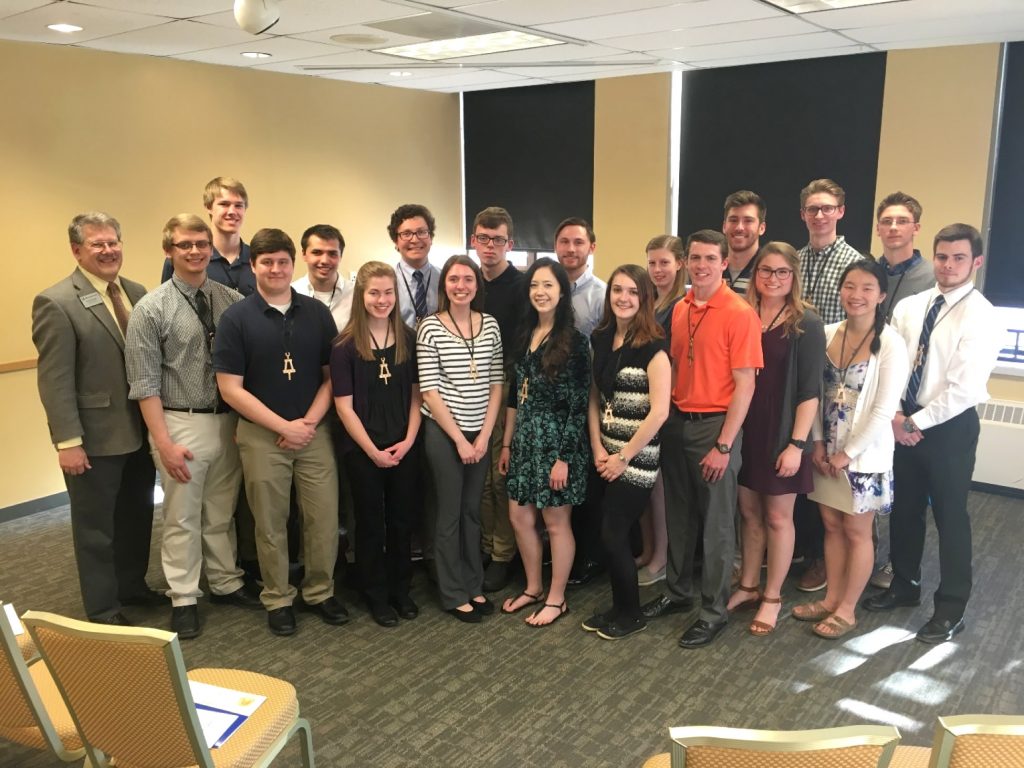
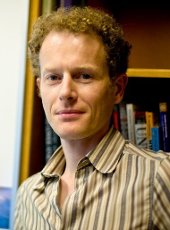
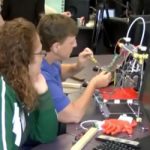 The Summer Undergraduate Research Fellowship (SURF) program will fund 20 students from across the University with funds from the office of the Vice President for Research. Previous SURF award recipients have included Goldwater Scholarship and NSF Graduate Research Fellowship recipients. Since 2002, SURF students have co-authored 71 peer-reviewed publications. This year’s recipients, project titles and advisors are listed on the SURF
The Summer Undergraduate Research Fellowship (SURF) program will fund 20 students from across the University with funds from the office of the Vice President for Research. Previous SURF award recipients have included Goldwater Scholarship and NSF Graduate Research Fellowship recipients. Since 2002, SURF students have co-authored 71 peer-reviewed publications. This year’s recipients, project titles and advisors are listed on the SURF 